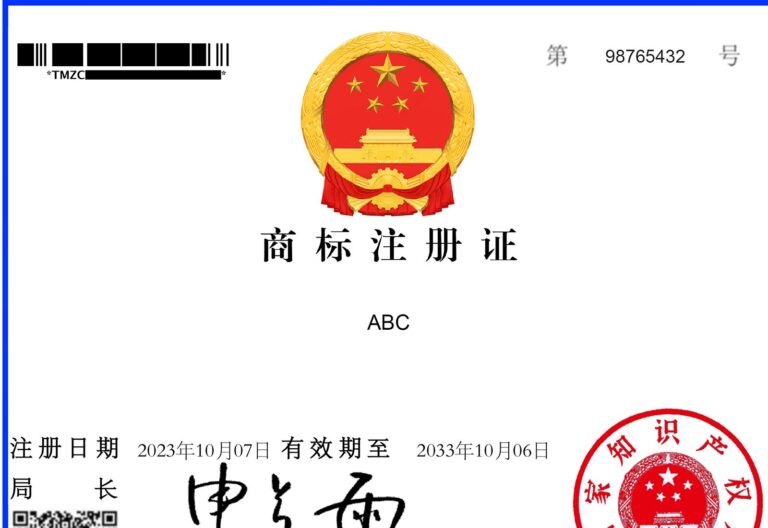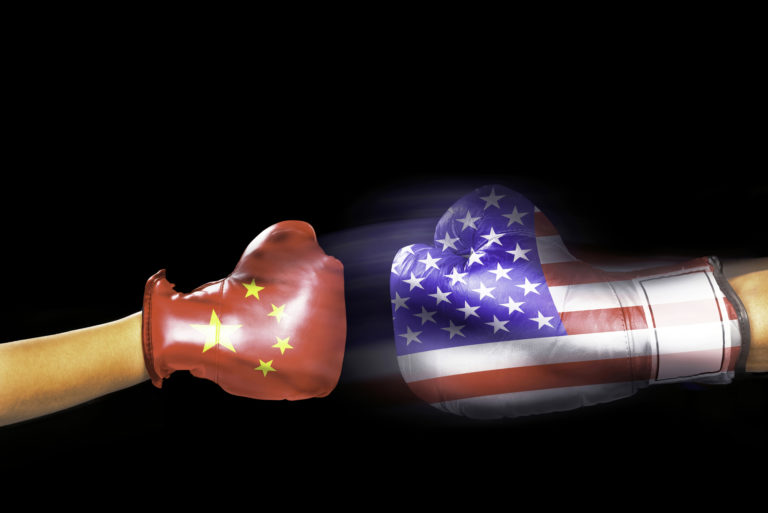
How to Ensure You Get Paid When Doing Business With Chinese Companies
China Payment Terms Negotiating payment terms with Chinese companies is one of the trickiest aspects of doing business with China. Vague milestones, unpaid invoices, and last-minute changes are common complaints. This post provides key strategies to ensure your company gets paid in full and on time when working with Chinese companies. Whenever one of our


















